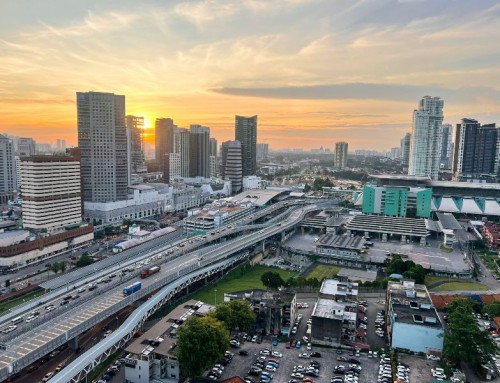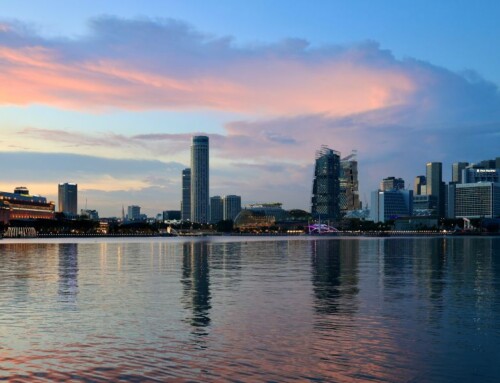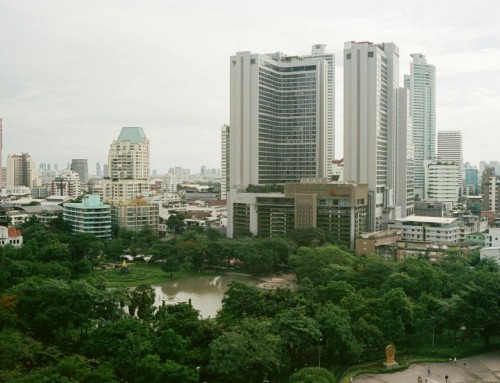When it comes to real estate, many factors that will influence the appreciation or depreciation of a certain asset’s value comes to mind. A piece of real estate may be influenced by geographical economic and social factors. However, the most defining factor to influence a property’s value is the government of that particular state.
Government intervention is always necessary when it comes to any economy. It is just a matter of how extensive the intervention is. One of the fundamental reasons for a government to stay in power is it’s ability to raise the living standards of the people within the country. In a democratic system, an inefficient government is one that fails to make the economy grow. Eventually, when an election is called and if elections are run fairly, then this inefficient government will be voted out by the electorate. Government intervention is thus required when the economy is weak and asset prices are falling. This is evident when the Obama administration intervened at the height of the global recession in 2008. Back in 2008, the subprime crisis caused a major fall in asset prices in the US and many people lost large sums of money. Banks were forced to write off huge debts as property prices took a nosedive. If it were not for the US Federal Reserve stepping in to ease monetary policy, the crisis might have escalated into a full fledged depression. The converse is also applicable. When asset prices are seemingly too high, governments are then tasked to regulate and cool the market. In places like Singapore and Hong Kong, government intervention was needed to cool the overheating property market. Stamp duties were increased, lending ratios were set to encourage financial prudence and land was released to add to supply. Suffice to say, there is a great deal of political stability in the US, Singapore and save for some dissident umbrella movement, Hong Kong.
Thus we have established the basic role of a government in monitoring and regulating markets. Now we must also consider the government’s role in developing infrastructure to support real estate investment. A government should play a major role in developing infrastructure like roads, transportation services, financial services, etc… Many of these are considered “free goods”. If left to the private sector, no normal profit driven enterprise would build a road for everyone to use. Nor would a private enterprise develop and pay a police force to keep the place safe. Thus this is left to the government. A government’s main revenue stream is through taxes. All developed economies have very efficient tax collection systems and less developed economies usually have poor tax systems. A government thus collects this tax money and can use it to build roads, improve the education system, hire defense and security forces, etc… On top of that, when the amount of taxes collected is more than the money spent, then the government has a surplus and this surplus can be saved or invested and can be used at a later date.
This is why corruption is such a bad thing when it comes to investing in a country. A corrupt government serves to enrich those who are in power more than those whom they are supposed to serve. The more corrupt a country, the weaker the infrastructure. This is best reflected in the 2014 Corruption Perceptions Index 2014 by Transparency International.
https://www.transparency.org/cpi2014/results
At the end of the list we have countries like North Korea and Somalia. Just above them in joint 156 place out of a total of 175 countries we have Myanmar and Cambodia. At the front of the list we have Singapore in 7th place and Hong Kong and the US in joint 17th place. Asset prices, when taken in general, in the more corrupt countries are much lower than those in the less corrupt countries. The main reason is because there is very little infrastructure to support asset price appreciation in the corrupt countries. Corruption is a learned habit and it takes decades to eradicate. This will also mean that property prices will remain low for as long as the corrupt governments of these countries remain in power. For places like Myanmar and Cambodia, the way to economic prosperity is not through attracting foreign investment and attracting the world to exploit the cheap labour that is available in the country. It is through the eradication of corruption in the system so that monies can be channeled to fund infrastructure growth.
Property investment is unique when compared to investing in a company. Companies sell shares to investors. Companies are also trans-boundary. A company can expand overseas and is not restricted to dealing in the country of origin alone. However, a property is geographically specific. If you were to buy a property in Cambodia, the property cannot be shifted out of the country to another location with better infrastructure. A company can do this, a property cannot. Which then perplexes me why many are jumping into developing countries with corrupt governments hoping for price appreciation. It would be better to invest in a developed and seemingly corrupt free country when the market is correcting than to invest in a developing and corrupt country when the prices there are booming.
Can a country like Cambodia ever catch up with Singapore? I doubt so.
Invest in what you know not because someone you know is investing…
Yours Sincerely,
Daryl Lum






